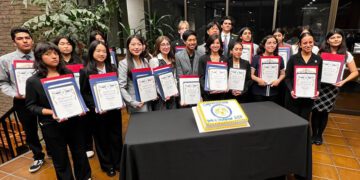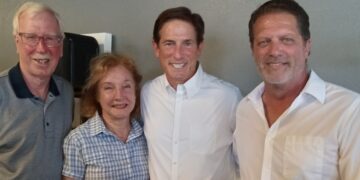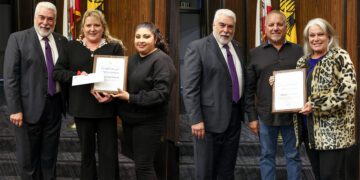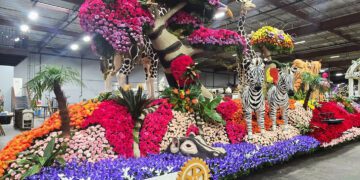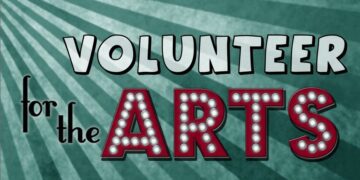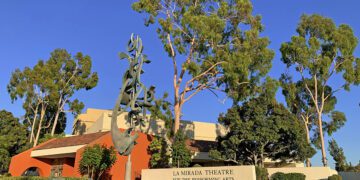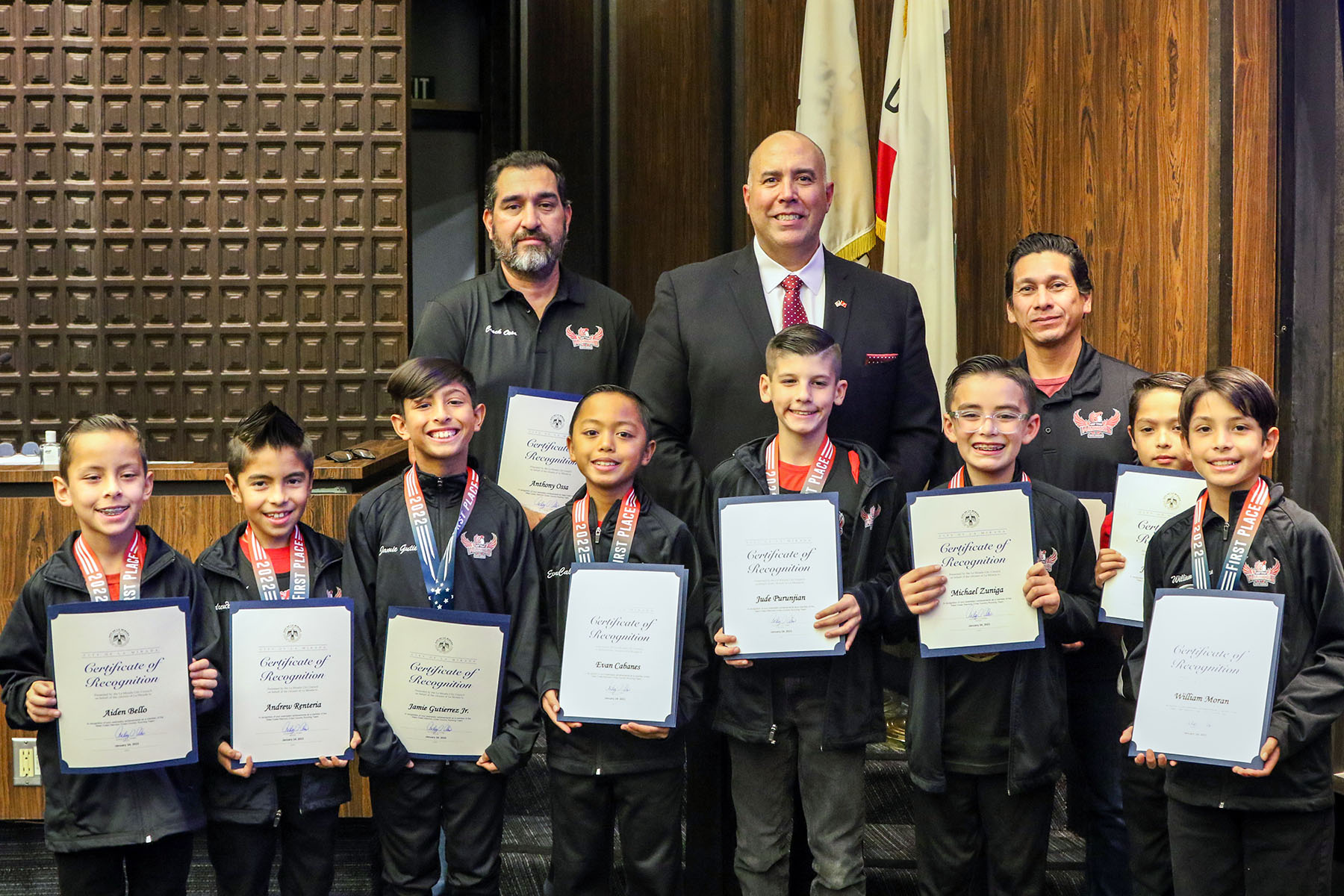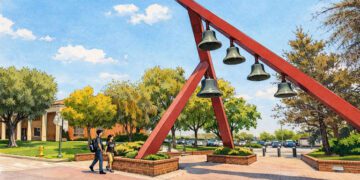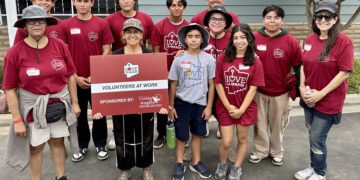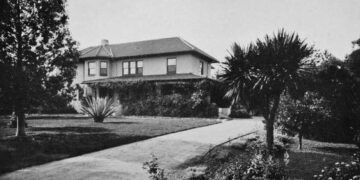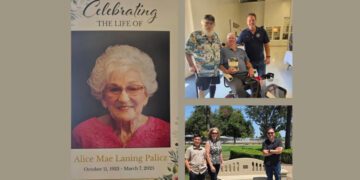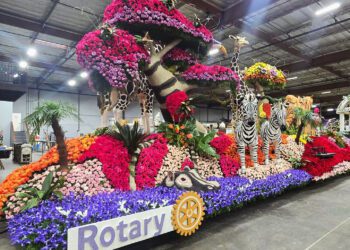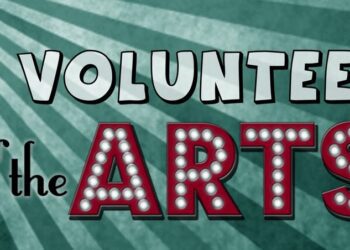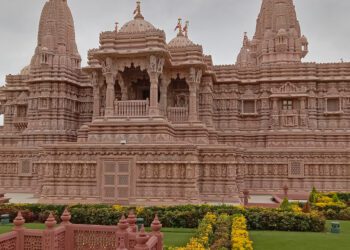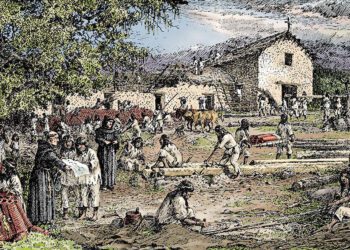On Saturday, Sept. 23, the Los Angeles Opera’s performance of Mozart’s “Don Giovanni” was broadcast live in the La Mirada Community Regional Park. Before the show, La Mirada mayor Steve de Ruse welcomed the audience and opera cast members introduced themselves on video. Then, the opera, which was sung in Italian with English and Spanish subtitles on the screen, began.
“Don Giovanni” opens with the overture’s haunting string melody, a prelude to the sudden slaying of Il Commendatore, an Italian official, at the hands of a knife-wielding assassin. Il Commendatore’s daughter, Donna Anna, finds her father lifeless on the floor and Don Ottavio swears to avenge his death.
Don Giovanni, the killer, is also the shameless libertine whose depravity propels the opera. He is the faithless lover who abandoned the desolate Donna Elvira after three days; the immoral seducer who keeps a notebook of the women he has loved — women from Italy, Germany, Turkey and Spain of every rank and age. Don Giovani selects the just-married Zerlina as his next conquest and, on the night of her wedding with Masetto, tells the bride he wants to be her husband instead and takes her to his house. The spurned Donna Elvira overhears Don Giovani’s attempted seduction and thwarts his efforts, rescuing Zerlina.
Shortly after, Donna Anna realizes that Don Giovani’s voice sounds like the man who killed her father. Don Giovani had tried to assault Donna Anna in her room; she fought back and called for help. After the villain fled, her father ran out of the house to confront him and was fatally stabbed. Nobleman Don Ottavio, Anna’s fiance, is furious upon hearing this and vows to discover the truth and avenge Anna.
Meanwhile, an enraged Masetto demands Zerlina tell him why she abandoned him to stay with Don Giovani on her wedding day. The agonized Zerlina tells him she was tricked but that Don Giovani did nothing to her. Masetto believes her and decides to prepare a feast; once it begins, he hides before Giovani arrives to test Zerlina’s faithfulness. Giovani grabs Zerlina while at the ball and, when denounced, tries to frame the hapless Leporello. Giovani, however, is exposed as the wrongdoer and the crowd turns on him. Donna Elvira declares that vengeance is at hand, but a defiant Don Giovani grabs a gun and declares even the end of the world would not make him afraid.
During the 20 minute intermission, there were several attractions around the lawn. A variety of vendors sold food and sweets — Colbert’s Southern Gourmet food stand offered salmon sandwiches and the Bittie Bitez pop-up had mini donuts. Some guests stopped by the photo booth to snap some shots on the red carpet with LA Opera selfie sticks while others picked up free lanyards, water bottles and bags of cotton candy from LA Opera Connects ambassadors. Games on the far side of the lawn included a giant Connect4 board and oversized Jenga block towers.
At the start of Act II, Don Giovani soothes the angry Leporello, who was ready to leave him, and the two swap their cloaks and hats so Don Giovani can seduce Donna Elvira’s maid in disguise. While he is singing to the maid, Massetto arrives with a band of men to kill Don Giovani, but the libertine says he is Don Giovani’s servant, sends Masetto’s men away, takes Masetto’s weapons and beats him up. The assassins encounter Leporello, who exclaims that he is not Don Giovani, and the cunning criminal eludes justice once again.
Don Giovani’s time, however, is short. A statue of the slain Commendatore promises him his life will end before sunrise, but Giovani brushes off the warning and invites the statue to dinner. While Giovani drinks and dances at his banquet, refusing Donna Elvira’s entreaties to repent, the statue of the Commendatore knocks at the door and asks if Giovani will come to dinner with him and Giovani accepts. The statue implores Giovani to repent, but he will not. Giovani is consumed by fire and smoke and descends to hell, with the last lines of the opera warning that such is the fate of all dishonest men — they die as they lived, and reap what they sow.
By Hannah Larson

